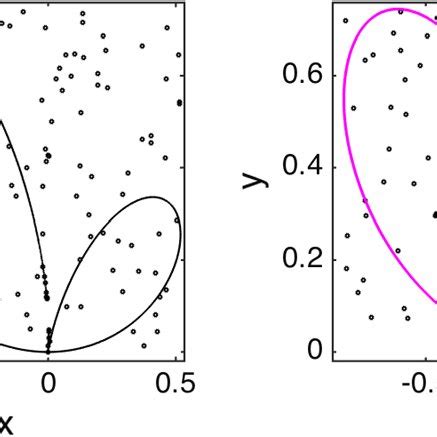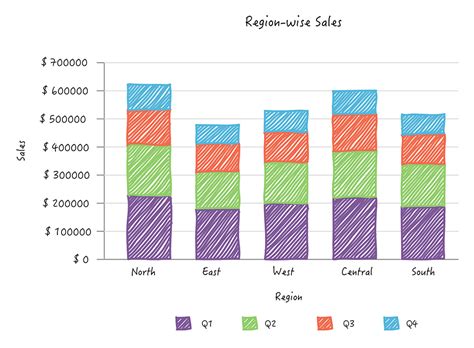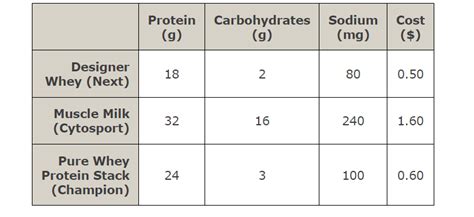Optimal protein for lean muscle, rapid recovery & peak performance: How much daily?

The Indispensable Role of Protein in Your Fitness Journey
Protein is often hailed as the cornerstone of a successful fitness and nutrition regimen, and for good reason. From building and repairing tissues to supporting hormonal balance and fueling metabolic processes, its functions are vast and critical. For anyone pursuing lean muscle development, accelerated recovery after intense workouts, and sustained peak performance, understanding optimal protein intake isn’t just beneficial—it’s absolutely essential.
Unlike carbohydrates and fats, protein isn’t primarily stored for energy. Instead, it serves as the building blocks for virtually every cell and tissue in your body, including muscle fibers. When you lift weights or engage in strenuous physical activity, you create microscopic tears in your muscles. Protein then steps in to repair these tears, making the muscles stronger and larger over time – a process known as muscle protein synthesis (MPS).

How Much Protein Do You Really Need Daily?
This is the million-dollar question, and the answer isn’t a simple one-size-fits-all number. Protein requirements vary significantly based on individual factors such as age, sex, activity level, body weight, and specific fitness goals (e.g., muscle gain, fat loss, endurance performance).
General Recommendations vs. Active Individuals
- Sedentary Adults: The Recommended Dietary Allowance (RDA) is 0.8 grams of protein per kilogram of body weight (g/kg). This is merely the minimum to prevent deficiency, not to optimize muscle growth or performance.
- Endurance Athletes: For those engaged in activities like running, cycling, or swimming, protein needs typically range from 1.2 to 1.4 g/kg to support tissue repair and prevent muscle breakdown.
- Strength Training & Muscle Gain: Individuals actively lifting weights and aiming to build muscle mass generally require higher intakes, often between 1.6 to 2.2 g/kg of body weight. Some research suggests even higher intakes (up to 2.5 g/kg) can be beneficial, especially during a calorie deficit, to preserve muscle.
- Weight Loss (Calorie Deficit): When cutting calories, a higher protein intake (2.0 to 2.5 g/kg) is crucial for satiety, preserving lean muscle mass, and minimizing muscle loss while shedding fat.
To calculate your target, simply multiply your body weight in kilograms by your relevant protein factor. For example, a 70 kg individual aiming for muscle gain might target 70 kg * 1.8 g/kg = 126 grams of protein per day.

Timing and Distribution: Maximizing Protein’s Impact
While the total daily protein intake is paramount, how you distribute that protein throughout the day can also play a significant role in optimizing results. Spreading your protein intake evenly across 3-5 meals or snacks, aiming for 20-40 grams per sitting, can maximize muscle protein synthesis.
- Post-Workout: The “anabolic window” theory once suggested a very narrow window post-exercise for protein intake. While it’s not as critical as once thought, consuming protein within a few hours after training can still be beneficial for recovery and muscle repair.
- Before Bed: Consuming a slow-digesting protein like casein before sleep can provide a sustained release of amino acids, supporting muscle repair and growth overnight.

The Quality of Your Protein Matters
Not all protein sources are created equal. The quality of protein is determined by its amino acid profile and digestibility. Complete proteins contain all nine essential amino acids, which the body cannot produce on its own. These are primarily found in animal sources.
Excellent Protein Sources:
- Animal-Based: Lean meats (chicken breast, turkey, lean beef), fish (salmon, tuna, cod), eggs, dairy (Greek yogurt, cottage cheese, milk). These are complete proteins and highly bioavailable.
- Plant-Based: Legumes (lentils, beans), tofu, tempeh, edamame, quinoa, nuts, seeds, and various plant-based protein powders (pea, rice, hemp). While many individual plant sources are incomplete, combining different plant proteins throughout the day (e.g., rice and beans) can provide a complete amino acid profile.
- Protein Supplements: Whey protein (fast-digesting, ideal post-workout), casein protein (slow-digesting, good for sustained release), and plant-based proteins can be convenient ways to meet your daily targets.

Practical Tips for Meeting Your Protein Goals
- Plan Ahead: Incorporate protein into every meal and snack.
- Prioritize Protein: Make protein the centerpiece of your meals.
- Snack Smart: Opt for protein-rich snacks like Greek yogurt, nuts, or a hard-boiled egg.
- Cook in Bulk: Prepare lean protein sources like grilled chicken or ground turkey in advance.
- Consider Supplements: If struggling to meet targets through whole foods alone, a protein powder can be a helpful addition.

Conclusion: Fueling Your Body for Success
Achieving optimal lean muscle mass, rapid recovery, and peak performance hinges significantly on adequate and well-timed protein intake. By understanding your individual needs, prioritizing high-quality protein sources, and distributing your intake strategically throughout the day, you can provide your body with the essential building blocks it needs to thrive. Remember, consistency is key, and while general guidelines are helpful, listening to your body and consulting with a nutrition professional can help tailor the perfect protein strategy for your unique goals.








